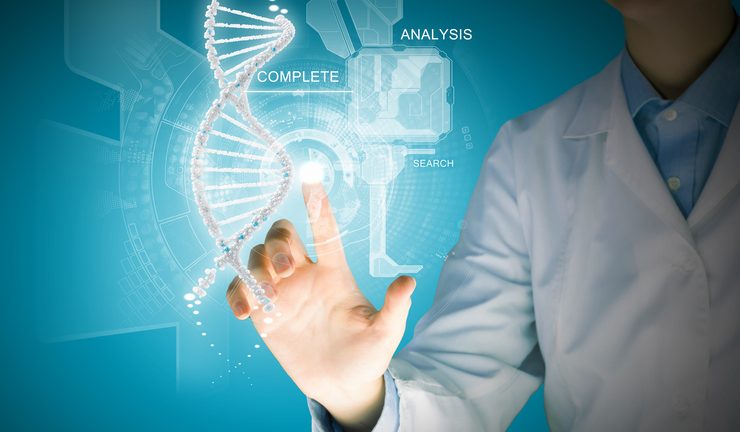ROLE OF TECHNOLOGY IN HEALTHCARE

Healthcare systems comprise a complex administration system where systems and data of different departments are integrated to work for single patients. And, managing it for multiple patients requires lots of effort and meticulous precision so that data don’t get misplaced or interchanged because a small mistake can be hazardous for a patient.
Technology was integrated into healthcare in the early 60s- technology took a long time to play its role in the medical sector. Nowadays, the role of technology in the healthcare sector is inevitable- technology helped the medical sector in making it go paperless replaced mostly with electronic health records (EHRs), smoothening record and data management, improving the accuracy of tests, making medicinal procedures autonomous making it convenient for patients as well as medical service providers for making treatment plans.
There are technologies like cloud, blockchain, artificial intelligence (AI), and information technologies that got integrated into the healthcare sector playing a crucial role and responsibilities for service providers as well as receivers. The Healthcare industry faces new challenges every day and tech solution providers are introducing various technologies for improvisation, increasing collaboration across systems, managing costs, streamlining processes, and automating tasks to manage the workflow effortlessly that could be time-consuming and difficult to get done manually with man force.
Benefits of Information Technology
Healthcare information technology has played an influential role in the healthcare sector in managing the central database of patients. With the usage of the information medical practitioner are creating databases of their patient so that they can easily check their medical history of the patient. It helps in retrieving the data of medicines, the list of tests conducted, and the results of tests patients have undergone. With the such database, it becomes easy for the doctor to plan the treatment and prescribe the medicine, and it also helps patients as they don’t need to undergo some tests again and again.
With the adoption of EHRs, the chances of medical errors and processing errors have been cut to a remarkable extent, making treatment more accurate and effective. Information technology bridged patients and insurance companies making the insurance process convenient for the insurance company and policyholder.
Role of Artificial Intelligence and Blockchain In The Healthcare Sector
The usage of blockchain technology in the medical sector is as important as any other technology as it will help in maintaining and sorting the ocean of databases effortlessly and in no time. It will help the healthcare industry in populating and maintaining the EHRs and in linking them with other services like payments, billings, insurance, and other peripheral aspects.
With AI it will be easy for the healthcare sector to collect, store and analyze data streams that too in real-time, providing the information and data remotely to patients as well as doctors, also it helps in lessening the need for direct interaction. It helps in reducing the chances of medicinal errors, eventually helping in improving the health and safety of patients.
So, the role of healthcare IT support is a boon to the healthcare sector that helps in streamlining the complex processes that eventually help in improving the quality of service of any healthcare service provider, from doctors to pharmacists, from laboratories to insurance companies.